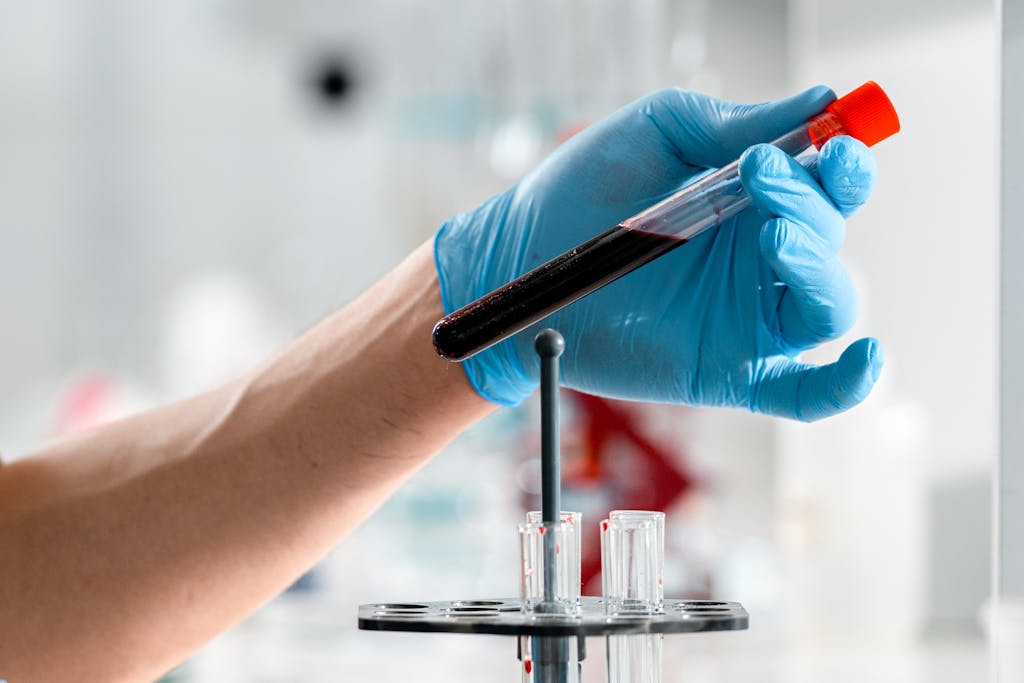The NHS has started using a simple blood test that could change life for thousands of cancer patients across England. This new test, known as a “liquid biopsy,” can find tiny bits of cancer DNA floating in a patient’s blood.
The test helps doctors quickly discover what kind of genetic changes are driving a person’s cancer. This means patients can start getting the right targeted treatment much faster – up to two weeks earlier than with traditional methods.
“When I found out I had stage 4 cancer it felt like I’d been punched in the gut,” said Rebeca Proctor, a 41-year-old mother from Carlisle who was diagnosed with advanced lung cancer in January. The blood test revealed she had a specific genetic mutation, allowing her to start taking targeted pills instead of more intensive treatments.
“The medication has given me my life back and my kids have got their mum back,” Proctor said. “The treatment is shrinking the tumor, and I’ve got my energy back.”
Similar Posts
Health officials report that no other healthcare system worldwide has previously adopted this method of testing blood before tissue for suspected lung cancer. The NHS estimates that each year, the test will help approximately 15,000 people with lung cancer and 5,000 individuals with breast cancer.
During testing in hospitals, patients who had the liquid biopsy received their results an average of 16 days faster than those who had traditional tissue biopsies. Some patients could even avoid further invasive tests and chemotherapy.
“Liquid biopsies are leading us into a new era of personalised cancer care,” said Professor Peter Johnson, NHS cancer director. “This approach has the potential to help us ‘scan’ the body in a single blood test to see where and how cancer may be developing.”

The new approach isn’t just better for patients – it makes financial sense too. According to an economic evaluation, the NHS might reduce lung cancer care costs by as much as £11 million per year by implementing this testing approach.
Health Secretary Wes Streeting called it an “incredibly exciting new test” that “could save countless lives.”
The NHS is now looking at using the blood test for other hard-to-diagnose cancers, including pancreatic and gallbladder cancer.

















